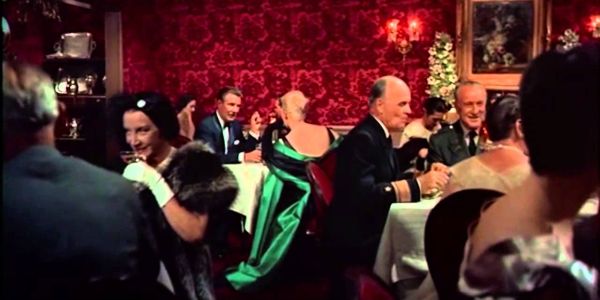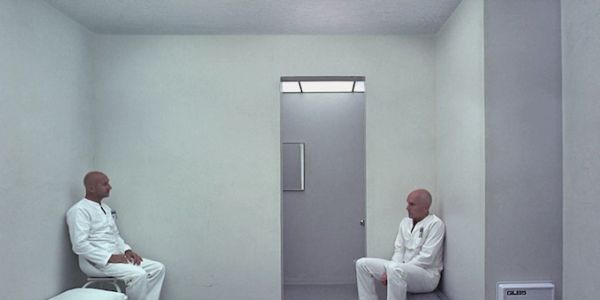The Importance Of Watching Oldies

Manon de Reeper is the founder and CEO of Film…
Editor’s Letter of Week 39
This week, I decided to catch up on some old movies. I’ve seen my fair share; more than most of the casual film watchers, probably fewer than the average film student. I think my first oldie, if we’re going to be fair, was Snow White and the Seven Dwarfs. Whose wasn’t it? Most Western children are still subjected to the good, old Disney films even to this day. They don’t age.
The first honest to goodness, “grown-up” black-and-white movie I saw was much, much later. Even though I’d always been into movies, already from a very young age, I didn’t really start watching “old” movies until I was moving into adulthood. When you’re young, old movies seem boring: they are a fair bit slower than we’re used to nowadays, the black-and-white ones clearly not as colorful, and it’s harder to relate to the sometimes outdated stories.
However, as I grew up and watched more old movies, I came to realize just how much wealth they contain. Especially as I started following a course on the use of color and sound in film, I learned to really appreciate how filmmakers in those days looked at film, and treated it as an art form. Today, most movies are made for the coin, and not for the art – the movies that are made for the art today unfortunately often fall flat. Sure, back in those days too a movie had to make money, but the approach was different.
If you look at a classic, take Alfred Hitchc*ck‘s Vertigo for instance -which I finally saw last week – just look at how carefully he incorporated color into his film, and how every costume color is carefully calibrated to the rest of the colors used in the palette of a scene. Today, it’s not often you see such careful use of color, although I did notice an attempt at it in Welcome to Me, which presented some beautiful shots with complementary colors (you already see it in the movie’s poster, actually). Unfortunately, the movie as a whole was disappointing. A modern movie that’s particularly famous for its use of color is Paul Thomas Anderson’s Punch-Drunk Love, and he pulled it off very effectively, unlike many other filmmakers.

Discovering Foundations
I’ve never done any formal film studies, but somehow always knew to work film into my actual studies. I have a master’s degree in criminology, and for my thesis, I mostly did film analysis. Only then did I really start to dig into older film; specifically, older science fiction, as that was the genre I focused on. I had to catch up on a lot of older science fiction, particularly from the 60s and 70s – and nothing is so glorious as seeing sci-fi characters (who supposedly lived in the future) dressed in 70s disco outfits. Who knows we’ll be laughed at in twenty years for how we dress our sci-fi characters today!
For me though, probably the most important movie I saw during that period was here, if you like.

By watching the oldies you gain a better understanding of film, and of the minds of filmmakers. You bet that every sci-fi director has watched most of the science fiction films in existence – you bet they’ve seen THX and 2001. They have naturally, subliminally and even explicitly been influenced by those movies, and every movie is made within the scope of the director’s knowledge – of both film and the world. It’s important to know film history, and how film has evolved over time, if you intend to further develop your understanding of film and how it’s embedded within culture, whether you like to consider it an art form or just a cultural phenomenon.
I’m currently working my way through Metropolis, the first feature-length science fiction film ever to be made. It’s a silent film from 1927, directed by the German Fritz Lang, and runs a colossal two and a half hours. It’s slow compared to today’s sci-fi, though there are some explosions! Nonetheless, it’s absolutely worth watching, as it again broadens my understanding of science fiction (my favorite genre, to state the obvious), and how it has been shaped since the inception of the genre.
What is your favorite oldie, and what was the first oldie you ever watched? How did it affect you? Do you see the importance of watching the old movies?
Share your thoughts in the comments! 🙂
(top image: Metropolis – source: Paramount Pictures)
Does content like this matter to you?
Become a Member and support film journalism. Unlock access to all of Film Inquiry`s great articles. Join a community of like-minded readers who are passionate about cinema - get access to our private members Network, give back to independent filmmakers, and more.
Manon de Reeper is the founder and CEO of Film Inquiry, and a screenwriter/producer. Her directorial debut, a horror short film, is forthcoming in 2021.













